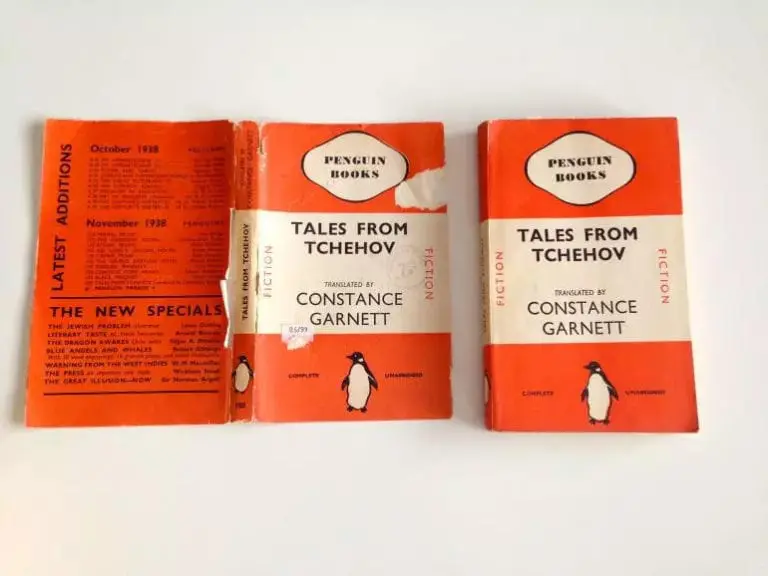Liraz Postan
Liraz is an International SEO and Content Expert with over 13 years of experience.


Translating prose seems like it should be much easier than poetry, but it has its own subtle challenges that make it difficult to perform – and to maintain.
When the topic of challenges in translation comes up, it might often seem like the only focus is on poetry, because of the non-obvious and often obfuscated meaning of the words and the constraints of the form and structure.
The implication by omission sometimes is that prose, by contrast, is easier to work with because while there may be symbolism and other subtleties, the actual language is usually straightforward and you can achieve at least a competent translation simply by working diligently through it, sentence by sentence.
This isn’t actually true, though – for two reasons. One, while prose is superficially easier than poetry for the language translation professional, complex prose is filled with plenty of non-obvious artistic tricks that can be missed or misinterpreted even by an intelligent and experienced reader. Two, even if you manage a ‘successful’ translation in the eyes of critics, the fact is the expectations and standards change.
What was considered a great translation initially slowly gets downgraded until eventually it is deprecated by the very people who once thought it brilliant. In other words, to use an American idiom, the goalposts move.
Consider the case of Constance Garnett, who translated the works of several high-profile Russian writers in the 19th Century, including Dostoyevski, Tolstoy, and Chekhov – all names I’m sure you’ve heard, and quite possibly whose works you’ve read in translation yourself. Her translations of these writers were initially considered very skilled and they were well-received. Over time, opinions of them faded until by the early 20th Century these translations were deprecated by and large as being of poor quality.
There are several reasons why a prose translation might lose credence over time:
In other words, standards change – and can leave early translations behind. This is one reason why we seldom have a ‘definitive’ translation of famous works, and instead, get new attempts every so often.
Translation, despite our best efforts, is transformative, and a translated novel is a wholly new creation. As a result there will never be a translation that is 100% exactly the original work – it is impossible.
Every decision a translator makes when working on a novel changes that work somewhat, and the changes pile up until by the end it’s entirely new – it’s based upon the original, but it is still different. It’s rather like the remake of the film Psycho that Director Gus Van Sant made in 1998 – it is a shot-by-shot remake of the Hitchcock film, using the same camera angles, but it is still a wholly different and distinct film.
The translation is never easy – but the prose is much more challenging than many other projects.
What our customers are saying